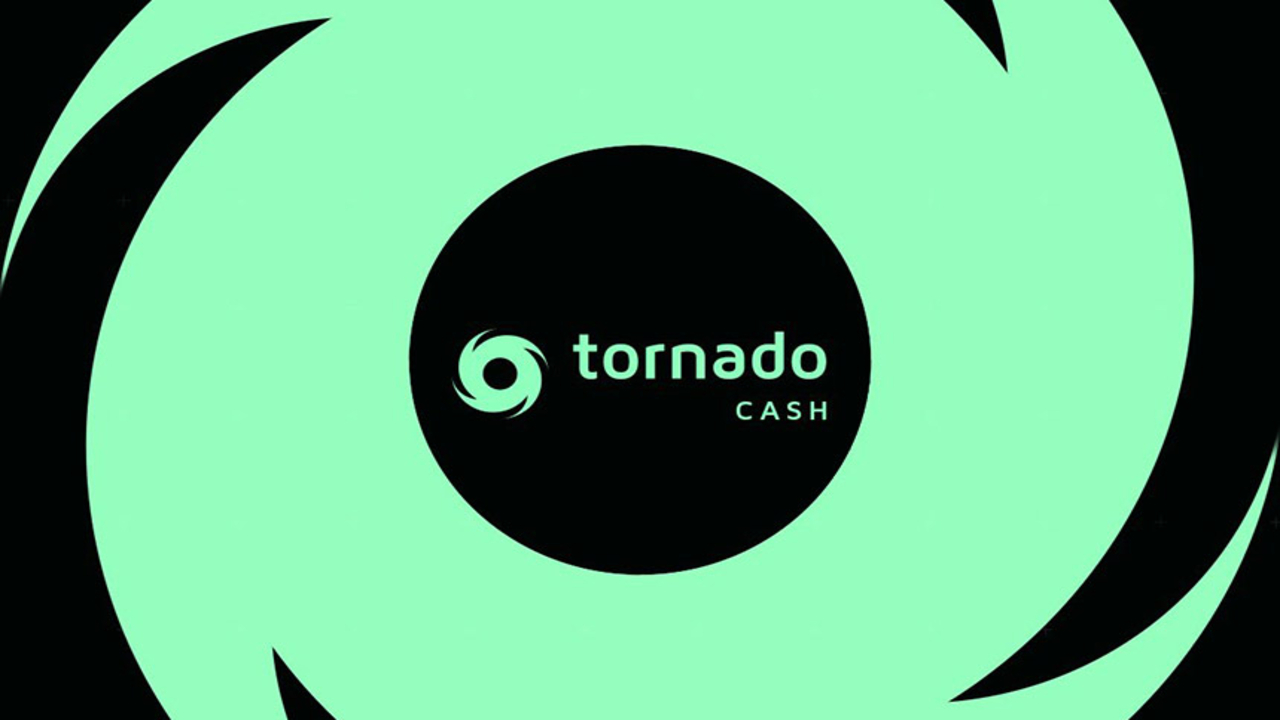The United States Department of Justice has decided to pursue a lawsuit against Roman Storm, co-founder and developer of the Tornado Cash platform. The agency had previously charged him with “conspiracy to commit money laundering” and operating an unlicensed business.
Tornado Cash, launched in 2019, is a mixer that breaks the on-chain link between crypto senders and recipients by pooling transactions through smart contracts. The North Korean state-backed Lazarus Group used the platform to launder stolen funds.
DOJ to Prosecute Roman Storm
DOJ alleges that Storm knowingly facilitated the laundering of more than $1 billion in illicit crypto assets. It argued that Storm had designed the Tornado Cash service and profited from its misuse by criminals and hackers. They also claimed he evaded U.S. sanctions by operating a mixer without the required controls.
In a nod to internal policy guidance, the DOJ dropped the second count of an unlicensed money-transmitter charge. It cites a policy memo by Deputy Attorney General Todd Blanche that advises against pursuing cases lacking regulatory clarity. It would pursue one count of money laundering and conspiracy to violate U.S. economic sanctions.
Storm will be in Manhattan federal court for pre-trial proceedings in June, with trial scheduled for July 2025. If convicted of the remaining counts, he faces a maximum sentence of 40 years behind bars and substantial fines.
Similar Cases, Different Courts
In 2021, Larry Dean Harmon pleaded guilty to money laundering charges for operating Helix, another bitcoin mixer. In November 2024, a federal court in Washington, D.C., sentenced him to three years’ imprisonment and three years of supervised release. He forfeited over $400 million in crypto, real estate, and other assets.
In August 2022, Dutch authorities arrested another Tornado Cash co-founder, Alexey Pertsev, in Amsterdam for money laundering violations. In May 2024, a court in s-Hertogenbosch found him guilty.
Pertsev was sentenced to 64 months in prison despite his argument that he lacked the ability to control individual transactions through smart contracts. He began serving his sentence in a Dutch prison, but the court later suspended his detention in February 2025. However, this was only on the condition that he remain electronically monitored.
Meanwhile, in November 2024, a U.S. court ruled that Tornado Cash’s immutable smart contracts cannot be considered property. It noted that OFAC had exceeded its statutory authority when it blacklisted the protocol in August 2022.
Find Cryptocurrencies to Watch and Read Crypto News on the Go Follow CryptosToWatch on X (Twitter) Now

